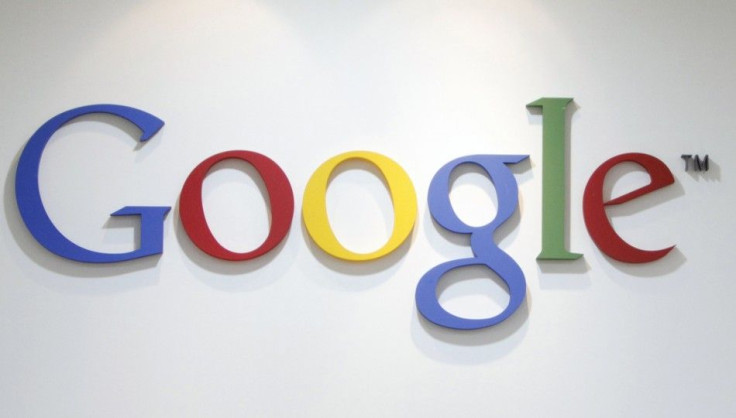Cooperation Between Intel & Google is Promising?

Intel ended its 30-year partnership with Microsoft, which was named the Wintel era, and has now joined hands with Google. The new partnership is a big news as it will bring new development in technology.
Chip manufacturer Intel has spared no efforts in trying to become to a major player in the mobile market, but it has come to naught - Intel had some business in the smartphone market in the last two years, but all the Intel chips are not available now.
Last year, Intel set up a partnership with Nokia to manufacture the Linux-based MeeGo OS for smartphones, but Nokia gave up MeeGo and adopted Microsoft's Windows Phone OS for its smartphones.
Now Intel hopes its work with Google will help it realize its dream, bringing its processors to mobile space and it could be the real winner of this deal. But as ARM and Nvidia has designed powerful hardware used for mobile phone, Intel has much to do to catch up. Rumors are buzzing that Intel is likely to design a new set of mobile processors because its current devices are not power-efficient enough.
Google is also happy to ink this deal. It's hard to work just with the ARM platform, so Google has to design many Android versions to suit it. Now a minor update can bring smartphones and tablets onto one version.
However, it needs to integrate Android and x86 architecture. What's more, when the ARM and x86 platforms develop, it has to do all the Android updating, consolidating and developing. But since it uses Intel's Atom instead of ARM-based chips, it could launch its products more quickly.
Paul Otellini, Intel CEO, promised that the new version would be much more power-efficient and capable than the original. Intel stated that its Medfield SoC will make the mobile devices speedy and responsive with fast graphics capabilities and long battery life.
It is believed that Intel-powered smartphones and tablets will appear in the first half of 2012. Dave Whalen, vice president of the Intel Architecture Group and general manager of the Ultra Mobility Group, said in an interview that Intel aim to deliver a handset next year.
© Copyright IBTimes 2024. All rights reserved.











